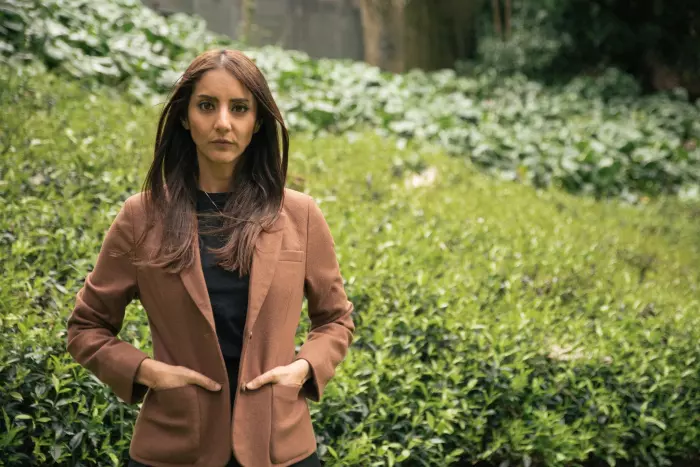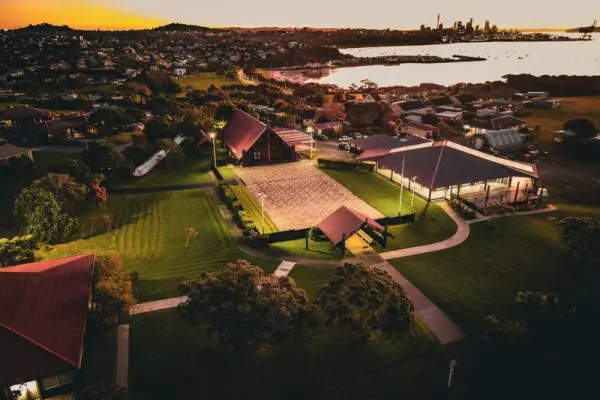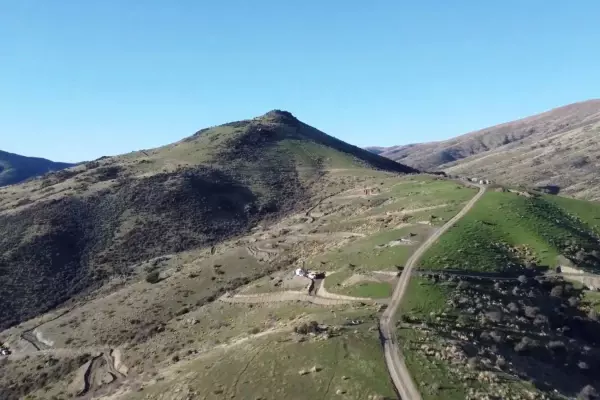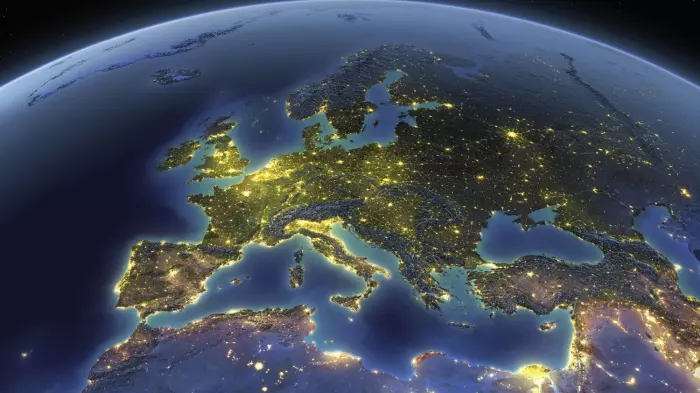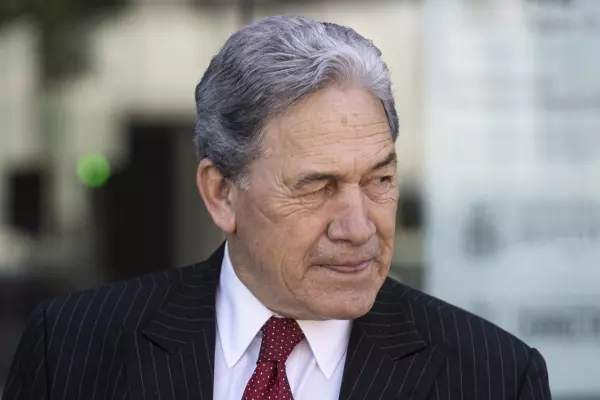The Green party is proposing a policy to ensure all people who have Māori ancestry are eligible for New Zealand citizenship, regardless of country of residence or birth. But the move would likely require a law change.
However, there is no clear idea of how many people this could affect as the Department of Internal Affairs (DIA) doesn't have access to overseas birth information and ethnicity isn’t captured during the citizenship application process.
Automatic rights by descent
Green MP Golriz Ghahraman is behind the party’s policy and said Māori needed to be recognised as the indigenous people of Aotearoa.
“All Māori have an inherent right of belonging to their ancestors' whenua,” she said.
According to Ghahraman, a law change would be formalising that right.
Ngāwaiata Henderson (Ngāpuhi, Tūhoe, Maniapoto, Ngāti Hāua ki Taumaranui), a teaching fellow at the University of Waikato working in the library, said seven years ago, the Australian census recorded a total of 142,107 Māori who lived across the Tasman.
But she was unsure how many of those people were born in Australia.
“In these changing times, it is imperative that whānau are thinking about their future safety and doing what is best for their security and that of their descendants,” Henderson said.
She said other academics thought Māori should have the automatic right to citizenship by descent.
“It would be a step to honour Te Tiriti and acknowledge the special status of tangata whenua, to not have to apply for a grant as an immigrant.”
Criteria
Meanwhile, the DIA's general manager for services and access, Julia Wootton, said citizenship by descent wasn’t automatic.
She said citizenship by descent would need to be registered with the department to make it official, and there are currently no clear criteria under the Citizenship Act 1977.
“Citizens by descent cannot pass New Zealand citizenship to children born outside of New Zealand, but any individual born overseas, whose parents do not have New Zealand citizenship can apply for citizenship by grant.”
Wootton said the department could not provide information on the number of Māori children born overseas as ethnicity isn’t captured during the citizenship application process.
However, she said there are three main types of NZ citizenship: by birth, by descent and by grant, and the type of citizenship depends on the situation.
The act outlines the legal requirements for each type of citizenship, she said.
“Every person born overseas on or after 1 Jan 1978 is a New Zealand citizen by descent if at the time they were born, at least one of their parents held New Zealand citizenship by birth or grant.”
Under the act, the minister has discretion and may grant citizenship to those not meeting the standard requirements.
“The minister determines whether their circumstances are exceptional and whether it would be in the public interest to grant citizenship as a result of these circumstances.
“Whakapapa ties are considered along with other factors when an application is made under this section.”
Wooton said any change to citizenship entitlements would likely require legislative change.


